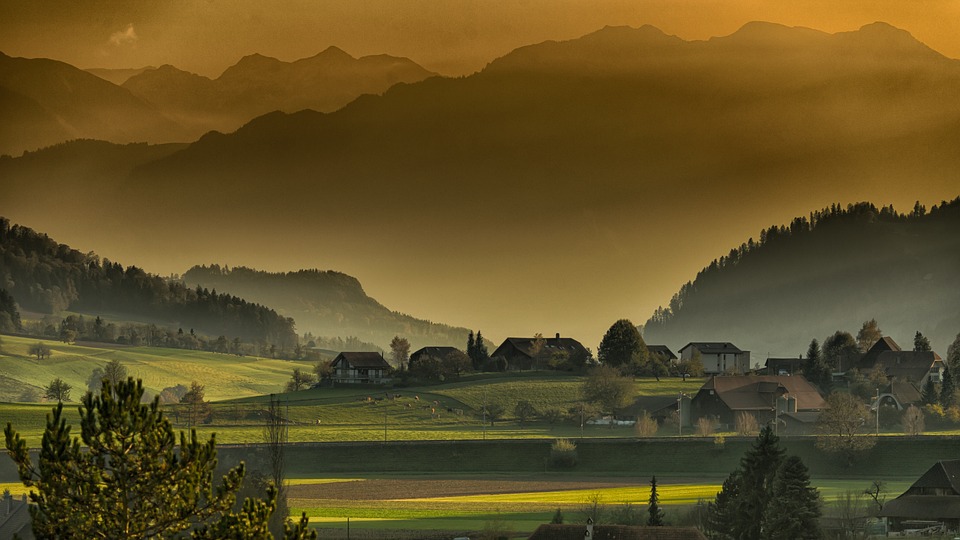History and Culture: A Look at Moseley Village’s Past and Present
The History of Moseley Village
Moseley Village, located in Birmingham, England, has a rich history dating back to the medieval period. The earliest recorded mention of Moseley dates back to the Domesday Book of 1086, where it is listed as having a population of 60 households. In the 16th century, Moseley was known for its farming community, with many residents working the land and raising livestock.
During the industrial revolution in the 19th century, Moseley saw significant growth and development as it became a popular suburb for wealthy manufacturers and businessmen. Many large Victorian houses were built in the area, and the village began to attract artists, writers, and intellectuals, leading to a flourishing arts and cultural scene.
In the early 20th century, Moseley became known for its vibrant music and nightlife, with the famous Moseley Dance Hall attracting top bands and musicians from across the country. The village also became a hub for political activism, with many residents involved in the suffragette movement and other social causes.
The Culture of Moseley Village
Today, Moseley Village is known for its diverse and vibrant culture, with a mix of traditional and modern influences. The village is home to a thriving arts scene, with many galleries, studios, and performance spaces showcasing the work of local artists and musicians.
Moseley is also known for its multicultural community, with a wide range of restaurants, cafes, and shops representing different cuisines and traditions from around the world. The traditional Moseley Farmers’ Market, held twice a month, is a popular gathering place for residents and visitors alike to sample fresh produce and artisanal goods.
The annual Moseley Folk Festival is a highlight of the village’s cultural calendar, attracting music lovers from across the country to enjoy performances from both established and emerging artists. The festival also features workshops, talks, and other activities celebrating the rich heritage of folk music.
Preserving the Past
Despite its modern amenities and contemporary culture, Moseley Village has made a concerted effort to preserve its historic buildings and landmarks. The Grade II listed Moseley Hall, a Jacobean-style mansion dating back to the 17th century, is a prominent feature of the village and is open to the public for tours and events.
The Moseley Dovecote, a rare surviving example of a medieval pigeon house, is another important historical site in the village. The dovecote has been carefully restored and maintained, providing a glimpse into the agricultural practices of the past.
In recent years, the Moseley Society and other local preservation groups have worked to protect and promote the heritage of the village, organizing guided walks, lectures, and exhibitions on Moseley’s history. The Moseley Conservation Area, designated in 1970, helps to ensure that new development in the village is in keeping with its traditional character and architectural style.
Looking to the Future
As Moseley Village continues to evolve and grow, balancing its rich history with modern amenities and conveniences, residents and visitors can look forward to a bright future. The village’s strong sense of community and commitment to preserving its heritage will undoubtedly continue to shape its cultural identity for generations to come.
With its diverse and dynamic culture, Moseley Village offers a unique blend of past and present, tradition and innovation. Whether exploring its historic landmarks, enjoying a meal at a local restaurant, or attending a music festival, there is something for everyone to discover and appreciate in this vibrant corner of Birmingham.
